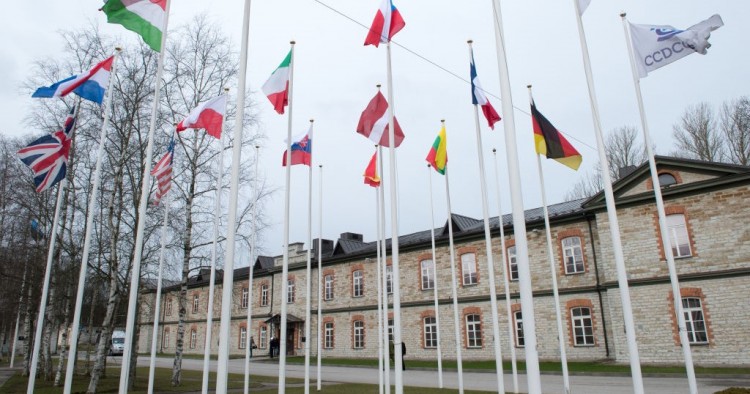Europe’s path towards strategic autonomy has been accelerated, as well as challenged, by events over the last few years. The annexation of Crimea in 2014, Europe’s 2015 migration crisis, Brexit, and strained Transatlantic relations have shaped the Union’s efforts to increase European security and strategic autonomy. The future of European security is being negotiated among member states and EU institutions in light of pressure from the South, East, and West.
Questions facing the EU now include: What is European strategic autonomy and how can it be achieved? How does European dependency on the US nuclear architecture affect the Union’s quest for strategic autonomy? How does the quest for European strategic autonomy affect Transatlantic security relations?
The Middle East Institute is pleased to co-host, together with Georgetown University’s Center for Security Studies and The American Interest, a webinar discussion to address these issues.
For accommodation requests related to a disability, such as requests for closed captioning, contact Jordan Moeny at the Center for Security Studies at jrm296@georgetown.edu by July 14. Georgetown will make a good faith effort to fulfill all accommodations requests. A captioned video will be posted to the Center for Security Studies YouTube channel shortly after the event.
Speakers:
Nathalie Tocci
Special adviser on foreign affairs to the EU’s High Representative/Vice President Josep Borrell; coordinator, European Global Strategy
Keir Lieber
Director, the Center for Security Studies and Security Studies Program, Georgetown University
Iulia Joja, moderator
Senior fellow, Frontier Europe Initiative, Middle East Institute
Photo by Maurizio Gambarini/picture alliance via Getty Images












